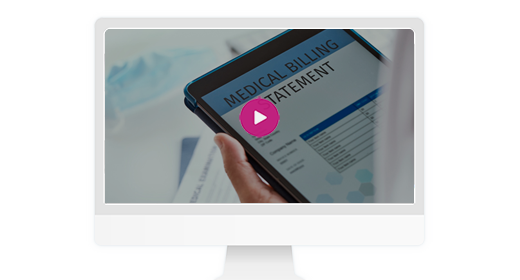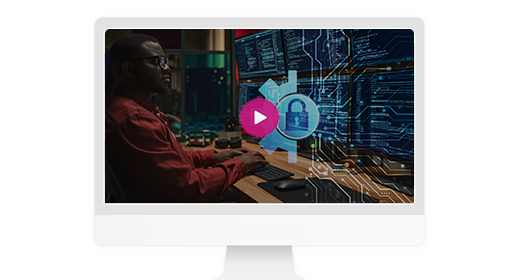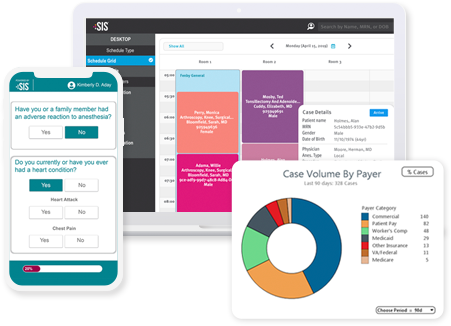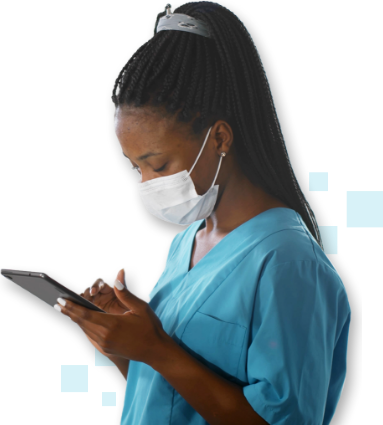- Home
- Solutions
-
Solutions
-
ASCs
-
Revenue Cycle Services
- undefined
-
-
Resources
- Trending Webinars
-
-
The Nuts & Bolts of a Successful ASC Self-Pay Program
Learn the key components of a successful self-pay program, including how to best determine prices; develop policies; collect from patients; educate patients, surgeons, and staff; and market the program.
 From Identification to Response: Navigating an ASC Cyberattack
From Identification to Response: Navigating an ASC CyberattackThis webinar simulates a real-world cyber attack on an ASC where an incident response team is responsible for making critical decisions. Walk through the potential responses, weigh your options, and leave with a better understanding of how to navigate a cyber attack in a healthcare setting!

-
-
The Nuts & Bolts of a Successful ASC Self-Pay Program
Learn the key components of a successful self-pay program, including how to best determine prices; develop policies; collect from patients; educate patients, surgeons, and staff; and market the program.
 From Identification to Response: Navigating an ASC Cyberattack
From Identification to Response: Navigating an ASC CyberattackThis webinar simulates a real-world cyber attack on an ASC where an incident response team is responsible for making critical decisions. Walk through the potential responses, weigh your options, and leave with a better understanding of how to navigate a cyber attack in a healthcare setting!
























